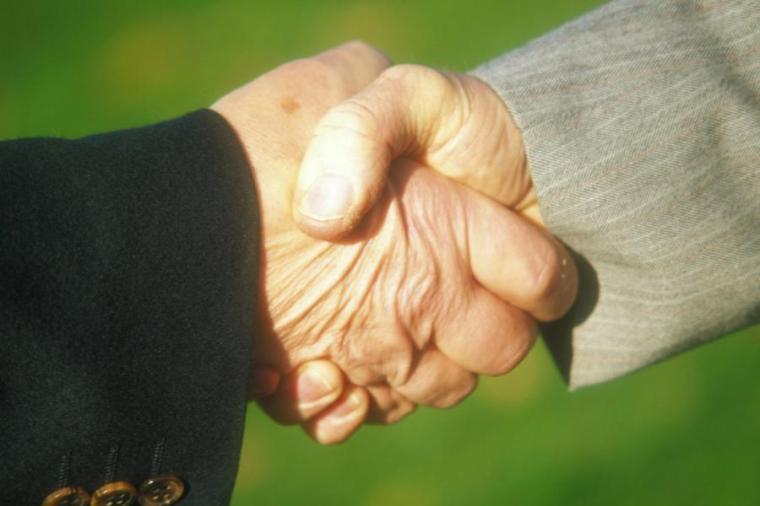I turned 50 a few years ago. The thing is, I don’t feel it. In fact I get somewhat taken aback when I get offered a seat. I think, do I look ill? Tired? Or worst of all pregnant? No doubt things on my body are heading further southward… Not to mention East and West. But do I look old enough to warrant being offered a seat on the tram? Thank you young lady but I can stand the 3 stops between car park and office. Or the middle aged man in the airport departure lounge… who must have been close to my age. Ok, I may have just got off a long haul flight, but seriously! Or, shock horror, the offer of a seat on the London underground where old ladies, tourists and small children get trampled in the rush for available seats! Cue much scowling from seasoned commuters when tourists block seats with their bags. There’s an etiquette people!
I took umbridge couple of years ago when I discovered that the term digital native did not apply to me. Surely my generation were the ones to introduce computers to the workplace for heaven’s sake. Migrating from our Amstrad and Commodore 64s was a natural progression. Ok, yes that does make me old but not ancient!
Ageing is a process denied to some (or something like that). Having been diagnosed with cancer (twice) does put growing older in perspective. Far from being ‘life changing’, as one colleague’s well-meaning spouse suggested, my close call with potentially life-limiting illness was life affirming. Yes, I want to live to a ripe old age. Yes, I want to travel more, to work in different organisations, learn more, write more, laugh more, love again. Yes, I want to live! Even embrace the decline that old age so often brings.
My mum is now 86. Her decline over the past year or so has been marked and my brother and I are preparing her for a move into care. She is ready. She accepts she finds it hard to cope at home. Even with support services in place, she finds more and more daily activities exhausting. Things we take for granted when we are young and vibrant. Meal preparation, showering, cleaning. Many things we can outsource. But others, such as feeding her cat, calling her friends or family, organising her finances, can’t always be assigned to others. She is forgetful, easily confused and anxious about the world she no longer understands.
Yet even watching my mum’s decline doesn’t make me long nostalgically for my youth. With each extra year of life, I have the opportunity to embrace living. I can continue to nurture old friendships and welcome new ones. I can learn, laugh, love and try to remember to live in the moment. Youth isn’t wasted on the young. We can all maintain a youthful outlook, even as the years pass. Ageing well is a tribute to the life we have lived and the experiences that are yet to come.



